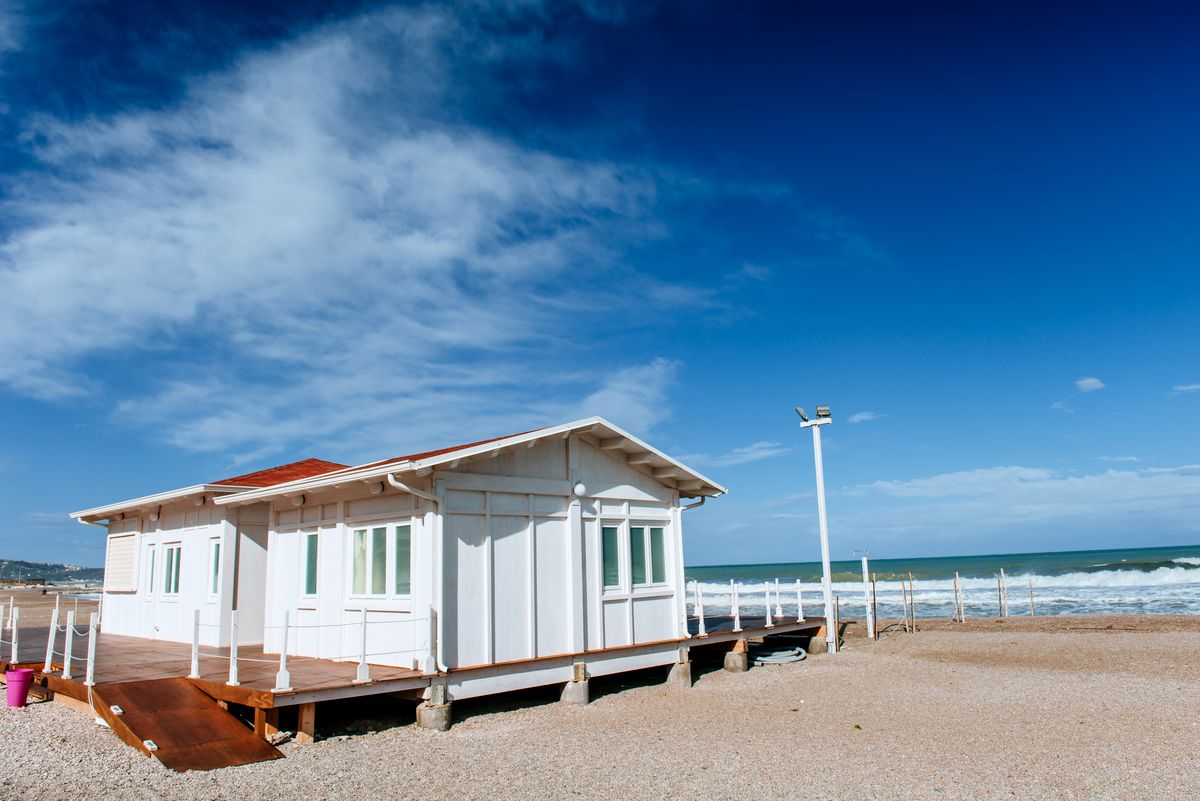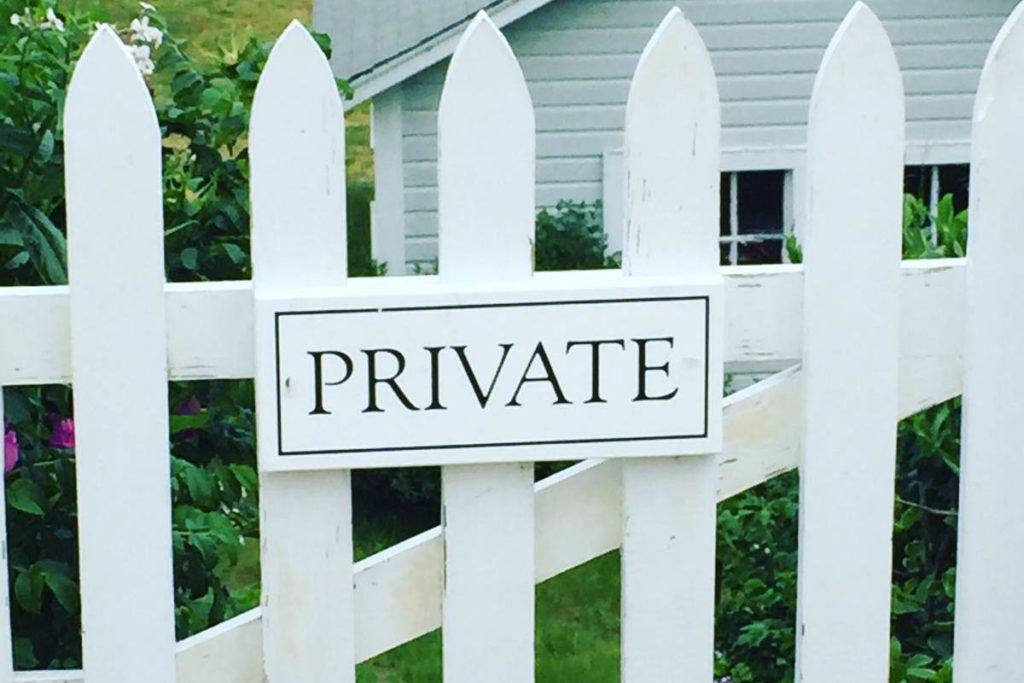Freehold vs Leasehold Islands for Sale

Many potential buyers think that an isolated island means that state laws don’t affect them and their property. Therefore, when purchasing such objects in an unfamiliar country, it is important to know your own rights and obligations, as well as understand the legal nuances that may interfere with the activities that you plan on your island territory.
If you are considering buying an island in another country, the first thing you have to pay attention to is the conditions under which you can own the island. Thus, the main types of island ownership are freehold and leasehold, which are more or less common in different parts of the world.
Freehold Islands for Sale
Freehold is a form of real estate ownership, which means that after the purchase you, as a new owner, will fully own the island with its land and buildings. You won’t pay rent, but will control the costs of maintaining the property and private territories on your own and at your own discretion.
On the other hand, even the owner of the freehold island is fully subject to all the laws of the state in which it was acquired. Therefore, the activities of the owners will be clearly limited by the procedures of the country. There are several basic types of restrictions you may face on the freehold island for sale.
Restrictions related to the preservation of the island
The island ecosystems are more vulnerable and delicate, so the government often establishes strict environmental regulations to preserve the island’s nature. They are related to clear control of the island’s buildings, parts of untouched nature, etc. Also, islands are often included in reserved areas or national parks and even if the island is on sale on a freehold basis, its development may be restricted or even prohibited.
Restrictions related to public territory
The laws of some Central American countries, in particular Costa Rica, include a number of serious restrictions on the acquisition of coastal territories. For example, owners who have already bought such land do not have the right to restrict people’s access to the coast. The scale of public areas is determined by government law.
Restrictions related to staying on the island
Some countries may automatically grant visas to real estate buyers and investors under certain conditions. But, as a rule, buying an island isn’t a reason to obtain a visa or citizenship. So you should be very attentive to living and doing business in another country on legal terms.
Freehold property for sale is the most common practice in North and South America, as well as in Europe and the Caribbean. So theoretically any person can become the full owner of an island with all the buildings located on it.

Leasehold Private Islands
Leasehold ownership gives you exclusive real estate ownership for a certain period of time, subject to regular payment of the established rent. The price of real estate leasehold decreases over time because each year there are fewer and fewer years in the lease agreement. You can lose the right to use the property if you don’t make the right decisions and renew the lease agreement.
In Asian countries, as well as in the South Pacific, it is the most common to lease islands to foreigners for the long term, with a legally fixed form of ownership of such land areas. Only the legal owners can give the rights to such disposal of maritime territories. Islands are usually rented for 30 to 99 years. Sometimes it can be extended for a longer period.
Choose Leasehold or Freehold Islands for Sale
People are often asking, what is better: to choose a freehold land for sale or take it on a long-term lease? Well, being the full owner of the island is still more pleasant. However, there are cases when leasehold ownership is more appropriate or even the only decision. Some countries offer foreigners to buy real estate exclusively on leasehold terms, so if you got your heart set on, for example, the beautiful islands of Asia, you should be ready for compromise and long-term lease.
Leasehold properties is the only way for those who would like to own such resources in the Maldives or Thailand. The huge popularity of these places among tourists will provide the temporary land user with income, even if there is no opportunity to fully dispose of the land and all its objects on the basis of freehold.
In countries where both the freehold property for sale and leasehold properties are allowed, the latter option is cheaper and therefore popular with individuals who are not interested in fully managing their acquisition or bequeathing it to their relatives.
In any case, before making a purchase or lease transaction, you should consult an experienced lawyer who knows your language and is well-versed in real estate trading, as well as foreign investment.




